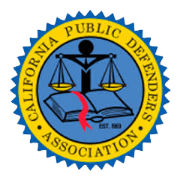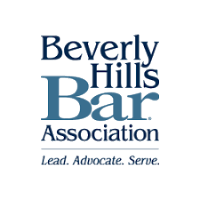In the turbulent aftermath of the COVID-19 pandemic, numerous small businesses have found respite in aid programs like the Economic Injury Disaster Loan (EIDL) and the Paycheck Protection Program (PPP),both under the aegis of the Small Business Administration (SBA). Grasping the intricacies of the SBA’s 2023 guidelines is paramount for these businesses, particularly the legal implications tied to loan forgiveness.
Understanding the 2023 Changes to EIDL and PPP Guidelines
Originally, EIDL aimed to offer financial relief to small businesses grappling with disaster aftermaths. However, the 2023 guidelines ushered in a pivotal shift, permitting the SBA to approve loan forgiveness under certain conditions, such as sustaining employee payroll and covering operational costs. Similarly, PPP was a part of the CARES Act, intended to help businesses retain their workforce during the pandemic. The post-2023 amendments clarified that loans could be fully forgiven if businesses use funds for approved expenses within a specific duration.
Key Legal Factors for Small Businesses Pursuing Loan Forgiveness
Understanding these amendments necessitates addressing several legal elements: The process of applying for loan forgiveness: Businesses must complete an SBA Form and provide sufficient documentation to validate the compliant use of funds.
Tax consequences: While the federal government does not consider PPP loan forgiveness as taxable income, certain states do.
Penalties for loan misuse: The SBA reserves the right to review all loans and impose federal law penalties, including potential civil or criminal charges, for detected fraud.
Navigating the Legal Landscape of Loan Forgiveness
For many small businesses, the complexities surrounding loan forgiveness can be intimidating. Unintentional errors in the application process can lead to legal issues, highlighting the need for professional legal advice and meticulous documentation.
Deciphering the Updated Guidelines
Despite the enhanced clarity provided by the updated guidelines, decoding these new regulations can be a complex task. Professional legal advice can aid small businesses in effectively navigating these changes and steering clear of unnecessary complications.
Keeping Pace with the Evolving EIDL and PPP Programs
As these aid programs continue to evolve, being attuned to the legal landscape becomes imperative for small businesses relying on these loans. Properly utilized, both EIDL and PPP loans can be potent financial lifelines for businesses striving to recover in the post-pandemic era.
In conclusion, SBA loan forgiveness is fraught with critical legal implications that businesses must consider. The 2023 changes to EIDL and PPP guidelines present a complex legal terrain that small businesses must carefully traverse. Armed with a thorough understanding, reliable advice, and meticulous compliance, businesses can avoid legal pitfalls while securing the much-needed financial aid that keeps their operations running.
Disclaimer: This article is intended for informational purposes only and should not be construed as legal advice. Please consult with a qualified attorney to discuss your individual circumstances.




